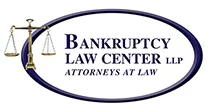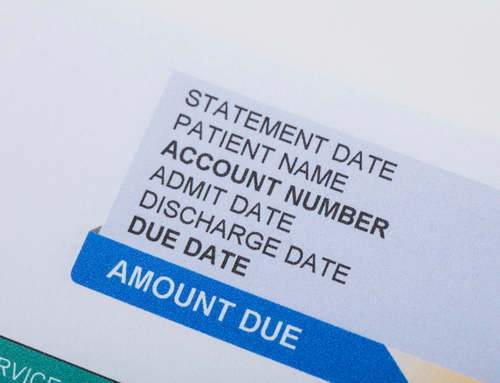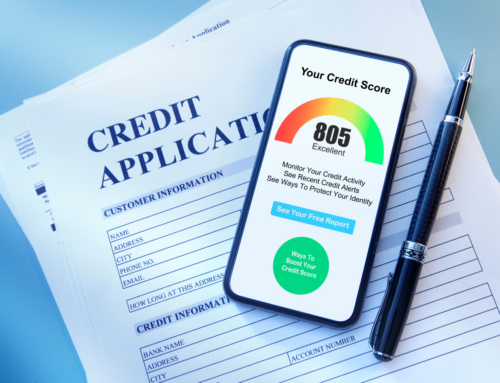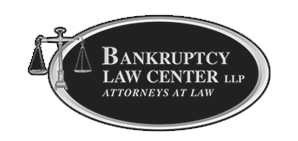 If you are getting constant calls from debt collectors because you are behind on payments to your creditors, you may wish to explore your bankruptcy options. Be aware that you have rights, even with regard to how debts are collected against you. The following is information from the Federal Trade Commission website which explains some of the laws that regulate debt collection. Remember, you have more rights than you may be aware of – if you are delinquent on one or more of your debts, the bankruptcy attorneys at the Bankruptcy Law Center can provide valuable information to you that most likely can save you thousands of dollars and hours of stress.
If you are getting constant calls from debt collectors because you are behind on payments to your creditors, you may wish to explore your bankruptcy options. Be aware that you have rights, even with regard to how debts are collected against you. The following is information from the Federal Trade Commission website which explains some of the laws that regulate debt collection. Remember, you have more rights than you may be aware of – if you are delinquent on one or more of your debts, the bankruptcy attorneys at the Bankruptcy Law Center can provide valuable information to you that most likely can save you thousands of dollars and hours of stress.
From the Federal Trade Commission:
Debt Collection
If you’re behind in paying your bills, or a creditor’s records mistakenly make it appear that you are, a debt collector may be contacting you.
The Federal Trade Commission (FTC), the nation’s consumer protection agency, enforces the Fair Debt Collection Practices Act (FDCPA), which prohibits debt collectors from using abusive, unfair, or deceptive practices to collect from you.
Under the FDCPA, a debt collector is someone who regularly collects debts owed to others. This includes collection agencies, lawyers who collect debts on a regular basis, and companies that buy delinquent debts and then try to collect them.
Here are some questions about your rights under the Act:
Get the answers here, from the FTC, then call an attorney at the Bankruptcy Law Center
* What types of debts are covered?
* Can a debt collector contact me any time or any place?
* How can I stop a debt collector from contacting me?
* Can a debt collector contact anyone else about my debt?
* What does the debt collector have to tell me about the debt?
* Can a debt collector keep contacting me if I don’t think I owe any money?
* What practices are off limits for debt collectors?
* Can I control which debts my payments apply to?
* Can a debt collector garnish my bank account or my wages?
* Can federal benefits be garnished?
* Do I have any recourse if I think a debt collector has violated the law?
* What should I do if a debt collector sues me?
* Where do I report a debt collector for an alleged violation?
Report any problems you have with a debt collector to your state Attorney General’s office, the Federal Trade Commission, and the Consumer Financial Protection Bureau. Many states have their own debt collection laws that are different from the federal Fair Debt Collection Practices Act. Your Attorney General’s office can help you determine your rights under your state’s law.
* For More Information
To learn more about credit-related issues, visit MyMoney.gov, the U.S. government’s portal to financial education.
Do you have other bankruptcy questions? Get them answered by the experienced bankruptcy attorneys at the Bankruptcy Law Center. Call 414-257-1900 for more information.





